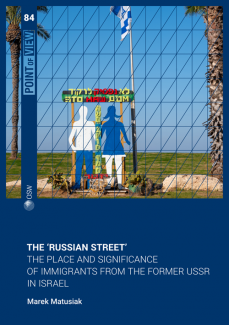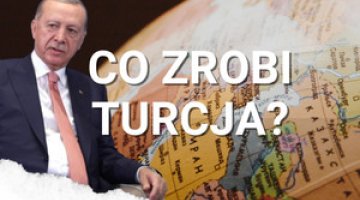The ‘Russian street’

The arrival of more than one million immigrants from the former USSR back in the 1990s and post-2000 has resulted in a surge in Israel’s demographic and economic potential, sealed the domination of right-wing parties on the Israeli political scene and in public discourse, left its mark on Israel’s historical policy, and finally, contributed new elements to Israel’s cultural mosaic. Russian-speaking newcomers from the former Soviet republics have retained their language, customs and contacts with their countries of origin, and have adapted to the new reality in their own unique manner, while maintaining many elements of their former identity. Despite the fact that three decades after the break-up of the USSR, the Russian-speaking Israelis continue to be less affluent and underrepresented in many spheres of life, struggle with negative clichés and in some cases are still not fluent in Hebrew, they should be viewed as a group which has largely been well-integrated into society and (as a general rule) manifests ardent patriotism towards their new homeland. This text is an attempt to sum up the process of the Russian-speaking immigrants’ adaptation to Israeli society (and vice versa); to assess this group’s place and importance in the Israeli state’s life; to determine how it has changed the country; and finally, how it has affected Israel’s relations with the newcomers’ countries of origin.





